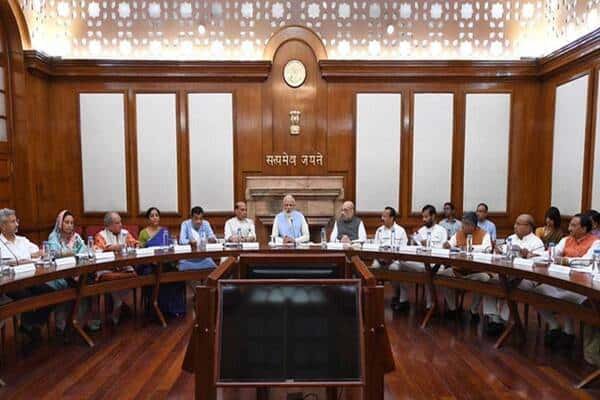In a recent ruling, the Supreme Court of India dismissed a petition filed by Guangdong Oppo Mobile, a Chinese smartphone maker, against Nokia over an alleged patent infringement. The Delhi Court had previously ordered Oppo to deposit 23% of the amount of royalty payment under a licensing agreement from 2018. The agreement pertained to the use of Nokia’s Standard Essential Patents (SEPs) in cellular technology.
The licensing agreement between Oppo and Nokia was signed in July 2018, valid until 30th June 2021. It allowed Oppo to use Nokia’s SEPs for three years, and it involved a cross-licensing arrangement for patents owned by both companies. However, Nokia claimed that the 2018 pact did not cover patents related to 5G standards, and since a significant portion of Oppo’s sales (64% globally and 52% in India) comprised 5G devices, a new license fee should be substantially higher.
Nokia alleged that after the expiration of the 2018 agreement, Oppo continued to sell about 77 million devices in India between July 2021 and December 2022 without any royalty payment to Nokia. Despite Nokia’s efforts to negotiate a fresh license agreement, Oppo refused to execute one.
In response to the Delhi Court’s order, Oppo sought relief from the Supreme Court, arguing that the ruling had created an uneven playing field and caused significant hardship for the company. Oppo claimed that it had already provided bank guarantees in accordance with counter offers made during negotiations, and Nokia had accepted these guarantees.
A Standard Essential Patent (SEP) is a patent that covers an invention necessary to comply with industry standards. In this case, Nokia’s SEPs were essential for cellular devices operating on 2G, 3G, 4G, and 5G telecommunication standards. The dispute between Nokia and Oppo centered around the use of these essential patents in Oppo’s devices without a renewed licensing agreement after the original pact expired.
The Supreme Court’s ruling upholds the Delhi Court’s order, and it allows Oppo three weeks to comply with the requirement to deposit the specified royalty amount. This legal dispute highlights the significance of standard essential patents in the technology industry and emphasizes the importance of licensing agreements to ensure fair and lawful use of patented technologies. As Oppo is a major player in the Indian market, the outcome of this case is likely to have broader implications for the country’s mobile device industry.














